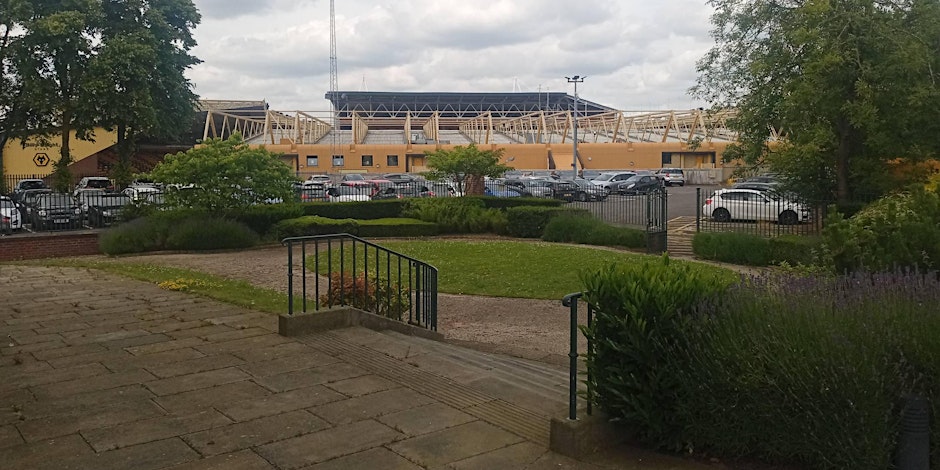Designed landscapes are typically defined as places laid out for artistic effect or aesthetic purposes, somewhere to contemplate and admire. Yet many people have a much more active relationship with outdoor spaces, engaging with them for jogging, cycling, ball games, playgrounds and carnival rides. They are places to play.
This Gardens Trust series will examine the relationship between historic designed landscapes and organized recreation. We’ll be exploring children’s outdoor play, a world-famous theme park set among a Grade 1 Regency landscape, a Premier League football stadium that was once a Victorian pleasure ground, an early 18th-century estate that is now a golf course, and a Victorian public park which was opposed by local workers despite its claimed recreational and health-giving benefits.
This ticket (register HERE) is for this individual session and costs £8, and you may purchase tickets for other individual sessions, or you may purchase a ticket for the entire course of 5 sessions at a cost of £35 via the link here. (Gardens Trust members £6 or £26.25). Attendees will be sent a Zoom link 2 days prior to the start of the talk, and again a few hours before the talk. A link to the recorded session (available for 2 weeks) will be sent shortly afterwards.
Week Three: While many football clubs up and down the country built their stadiums upon disused waste land, some decided gardens and other green spaces were suitable homes for their pitch. Molineux Stadium, the home of Wolverhampton Wanderers FC, was once the site of a renowned pleasure garden. Hosting fetes, exhibitions and more genteel sports, it claimed to cater to every class of Victorian Wolverhampton. Upon its decline, Northampton Brewery sold it to the football club, and Molineux was born.
Wolves were certainly not the only football club to build upon green spaces like gardens, nurseries and orchards; but there is marked symbolic and socioeconomic change that comes with the new uses of these sites.
This talk uses Molineux Stadium as a case study for these changes. From pleasure garden to Premier League, leisure is now athleisure, visitors are now primarily working class and production is now marked by performance.
Liv Beards is an independent researcher from Wolverhampton. After completing her Masters on Shakespeare, focusing on garden history, she has recently begun researching the sporting history of her hometown. A freelance writer and editor, she has previously been a cultural reviewer for art, music, film and television and has contributed to art shows, and academic conferences.

©Liv Beards
